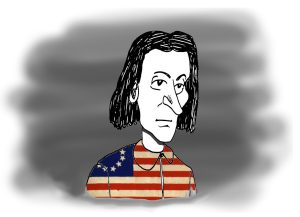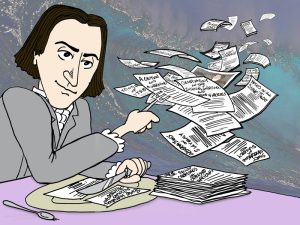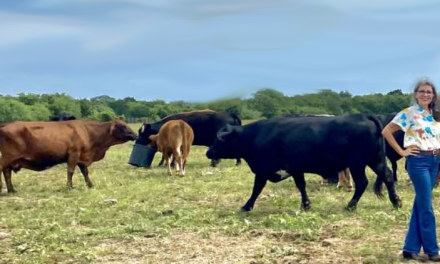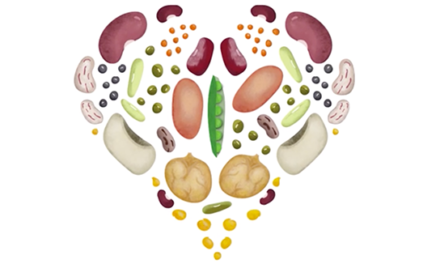 Anthony Benezet is someone Philadelphians can celebrate without reservation. He was a pioneer in ethical advocacy and just a basically good person. He is acknowledged by modern scholars as the father of the transatlantic movement to abolish slavery. No one person on earth did more to move that needle.
Anthony Benezet is someone Philadelphians can celebrate without reservation. He was a pioneer in ethical advocacy and just a basically good person. He is acknowledged by modern scholars as the father of the transatlantic movement to abolish slavery. No one person on earth did more to move that needle.
Here is a passage about Benezet from my book Revolutionary Peace (more below).
Maurice Jackson, his biographer, says Anthony and his wife Joyce Benezet became vegetarians “because they did not want to eat anything that might be associated with slave labor.” Seeing the crossover between these two systems of oppression, the Benezets took it upon themselves to live so as to avoid contributing to these oppressions.
Jackson says Benezet saw parallels between his persecution as a Huguenot and the experiences of other populations such as Native Americans, African Americans, women, and Acadians. “I think this idea of vegetarianism had a lot to do with it … he believed that one should not take anything that had a life in itself — he believed that using slave labor was wrong, and therefore [so was] using any of God’s creatures.”
Benezet extended these parallels, and this sense of merciful justice, into human relations with animals. … He delivered messages to children in his 1778 Pennsylvania Spelling Book, including radical ideas such as “fish feel pain, even as we do” and that even the life of a fly has value and should not be taken.
We’re now living through an era in which the story of the creation of the United States is being challenged by those who don’t want to hear about how awful slavery was and how complicit in that crime were many of our favorite “founding fathers.” They plug their fingers into their ears, singing “La-la-la-la” if anything starts to get through.
 Some try to excuse this with “it was a different time” and “they couldn’t see the issue the way we can now.” But this is belied by Benezet’s relentless face-to-face anti-slavery activism, which he presented directly to those very individuals. With Benjamin Franklin and Benjamin Rush, his efforts paid off in their conversion to abolitionism, but most “founding fathers” were too attached to their privilege to change their behavior. La-la-la-la.
Some try to excuse this with “it was a different time” and “they couldn’t see the issue the way we can now.” But this is belied by Benezet’s relentless face-to-face anti-slavery activism, which he presented directly to those very individuals. With Benjamin Franklin and Benjamin Rush, his efforts paid off in their conversion to abolitionism, but most “founding fathers” were too attached to their privilege to change their behavior. La-la-la-la.
It’s worth noting that many of those who now applaud Benezet for having created the transatlantic abolition movement are fine with his anti-slavery efforts, but don’t want to hear about how awful animal agribusiness is, much less their own complicity. Benezet was a singular person who talked the talk and walked the walk, and all of Philadelphia could stand to learn more about him, and lean more on his example.
This post contains an excerpt from the newly-published book Revolutionary Peace: How Philadelphia Launched the U.S. Vegetarian and Vegan Movement. All proceeds from the book go to support the work of the American Vegan Society.
— Vance Lehmkuhl




